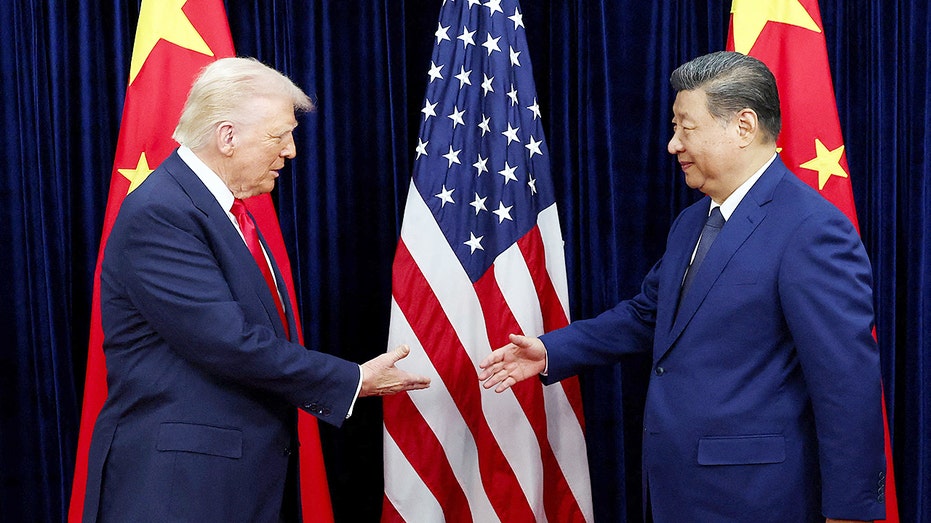A shift has occurred, a subtle but profound change in the national mindset. It’s no longer about striving, about pushing forward with determination. Instead, a wave of doubt has washed over us, a hesitation that feels protective in the moment, yet slowly erodes our confidence.
This isn’t merely a personal struggle; it’s reflected in a surprising place – a new slogan from a brand once synonymous with action. The iconic “Just Do It” has been replaced with “Why Do It?” a question that embodies the very paralysis it once sought to overcome.
Consider the young professional endlessly revising an email, convinced perfection is unattainable. Or the student avoiding class, only to find anxiety intensifies in isolation. These aren’t isolated incidents, but symptoms of a culture that increasingly prioritizes avoiding discomfort over confronting it.
Ironically, this approach often mirrors ineffective therapy. True growth doesn’t come from cushioning hesitation, but from challenging it. It’s about taking risks, embracing discomfort, and discovering an inner strength you didn’t know you possessed.
“Just Do It” understood this fundamental truth. It didn’t require confidence to begin; it *built* confidence through action. It was a blunt, powerful command that cut through doubt and demanded movement. “Why Do It?” dismantles that wisdom, framing self-doubt as insight and paralysis as empowerment.
The company insists the change is minimal, framing “Why Do It?” as a campaign film title, reaffirming their commitment to empowering potential. Yet, the tone speaks volumes. It’s less a call to action and more an invitation to linger in uncertainty.
This shift mirrors a broader cultural trend. Resilience is being replaced with reassurance, fear labeled as self-care, and hesitation presented as wisdom. Universities create “safe spaces,” workplaces prioritize validation, and even politics amplifies grievances instead of seeking solutions.
The result is a population comforted in the short term, but ultimately weakened. We’ve traded the pursuit of mastery for the illusion of safety, and the consequences are becoming increasingly clear.
Sports, however, remains a realm where hesitation has no place. Michael Phelps didn’t question the effort; he swam through pain and doubt repeatedly. Athletes don’t wait for fear to vanish – they push through it, proving that strength is forged in discomfort.
Nike once embodied this ethic. “Just Do It” wasn’t just advertising; it was a cultural message about resilience and grit. By abandoning it, they’ve adopted a logic that validates hesitation, avoids hard truths, and confuses comfort with genuine growth.
This isn’t limited to athletic wear. Therapeutic culture has permeated nearly every institution, prioritizing feelings over preparation and self-protection over perseverance. Hesitation is no longer a weakness to overcome, but a virtue to be celebrated.
The danger lies in the corrosive nature of hesitation. Those who thrive aren’t those who wait until they feel ready, but those who act *anyway* – sending the email, returning to class, facing conflict head-on. Confidence isn’t found through endless questioning, but through doing.
“Just Do It” emerged during an era that valued ambition and perseverance. Today’s slogan belongs to a different time, one where hesitation is romanticized and holding back is marketed as empowerment. It’s weaker advertising, and a weaker cultural ideal.
Compassion is vital, especially given rising rates of anxiety and depression. But compassion without challenge is indulgence. True kindness isn’t about shielding someone from discomfort, but about empowering them to overcome it.
Nike built its brand on athletes who embodied this truth – Phelps, Williams, Bryant – none achieved greatness by holding back. They rose by acting, failing, enduring, and acting again. Resilience isn’t cruelty; it’s a necessity.
So why do it? Because nothing worthwhile comes without effort. Hesitation may feel safe, but it only diminishes us. False comfort remains false. Nike once sold grit and resilience. Now, it sells an illusion.
“Just Do It” pushed us forward. “Why Do It?” leaves us stuck – the perfect slogan for an anxious age.






